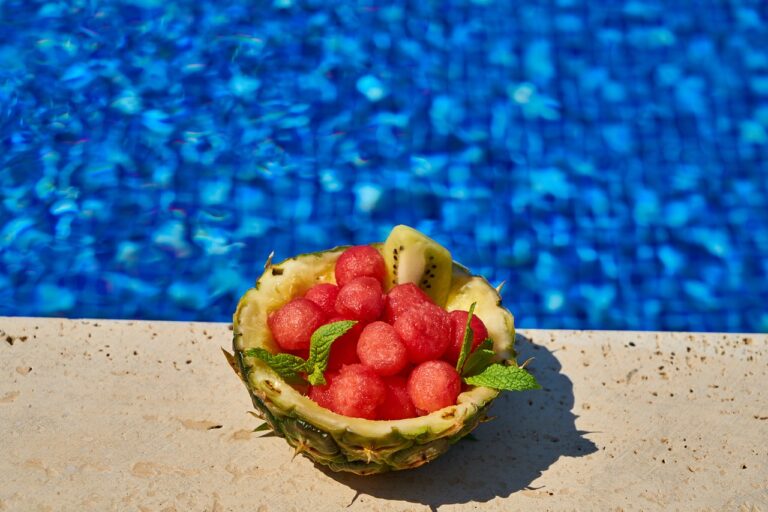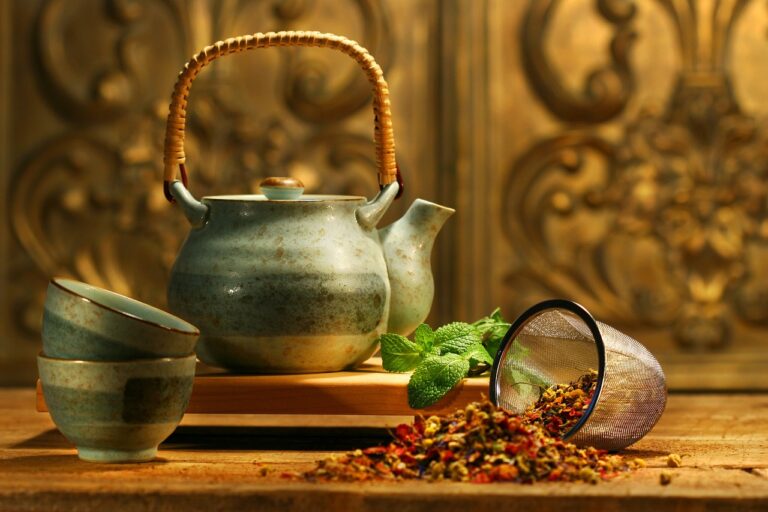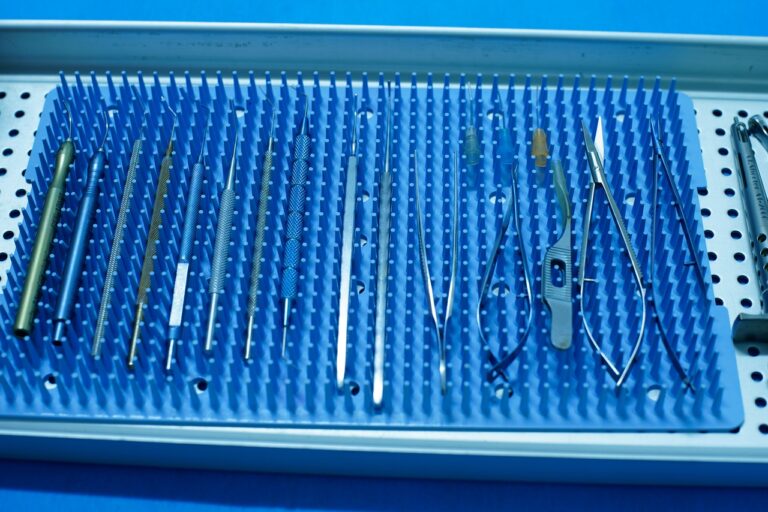The Impact of Diet on Detoxification Pathways
cricketbets999.com login, 11xplay reddy login, betbhai 9.com: Detoxification pathways in the body play a crucial role in maintaining overall health and well-being. These pathways are responsible for eliminating toxins and harmful substances that we encounter daily through our environment, food, and lifestyle choices. While our bodies are equipped to handle detoxification naturally, certain factors can impact how efficiently these pathways function. One significant factor that can influence detoxification pathways is diet.
The food we eat has a direct impact on our detoxification pathways. Certain nutrients and compounds found in food can either support or hinder the body’s ability to eliminate toxins effectively. By understanding how our diet affects detoxification pathways, we can make informed choices to optimize these processes and promote better health outcomes.
Nutrient-rich Foods Support Detoxification
Eating a diet rich in whole, nutrient-dense foods is essential for supporting optimal detoxification pathways. Foods such as fruits, vegetables, whole grains, and lean proteins provide essential vitamins, minerals, antioxidants, and fiber that are necessary for effective detoxification. These nutrients help to support the liver, kidneys, gut, and other organs involved in the detoxification process.
Antioxidants, found in foods like berries, leafy greens, and nuts, play a critical role in neutralizing free radicals and reducing oxidative stress in the body. This, in turn, supports the liver’s ability to detoxify harmful substances. Fiber-rich foods, such as lentils, beans, and whole grains, help to promote regular bowel movements and eliminate toxins through the digestive system.
On the other hand, processed foods, sugary snacks, and high-fat meals can impede detoxification pathways by overloading the liver and promoting inflammation in the body. These foods lack the essential nutrients needed to support detoxification and can contribute to toxin buildup in the body.
Hydration is Key for Detoxification
Proper hydration is another crucial factor in supporting detoxification pathways. Water plays a vital role in the body’s detoxification processes by helping to flush out toxins through the kidneys and promote healthy bowel movements. Dehydration can impede these processes and lead to toxin buildup in the body.
In addition to drinking an adequate amount of water, herbal teas, fresh juices, and coconut water can also support hydration and provide additional nutrients that support detoxification pathways. Limiting alcohol, sugary drinks, and caffeine can help to prevent dehydration and support overall detoxification.
Incorporating Detoxifying Foods into Your Diet
Certain foods are known for their detoxifying properties and can be easily incorporated into your diet to support detoxification pathways. Some examples of these foods include:
– Cruciferous vegetables: Broccoli, cauliflower, kale, and Brussels sprouts are rich in sulfur compounds that support liver detoxification processes.
– Garlic and onions: These foods contain sulfur compounds that help to stimulate the liver’s detoxification pathways.
– Turmeric: This spice has potent anti-inflammatory properties and can support liver function.
– Green tea: Rich in antioxidants, green tea can help to support overall detoxification.
– Berries: Blueberries, strawberries, and raspberries are rich in antioxidants that support detoxification pathways.
By incorporating these foods into your diet regularly, you can support your body’s natural detoxification processes and promote better overall health.
FAQs
Q: Can a detox diet help improve detoxification pathways in the body?
A: While some detox diets claim to promote better detoxification, it’s essential to focus on long-term, sustainable changes to support overall health. A balanced diet rich in whole, nutrient-dense foods is the best way to support detoxification pathways in the body.
Q: Are there any specific foods to avoid that can hinder detoxification pathways?
A: Processed foods, sugary snacks, high-fat meals, and alcohol can all impede detoxification pathways by overloading the liver and promoting inflammation in the body. It’s best to limit these foods and focus on whole, nutrient-dense options instead.
Q: How can I tell if my body’s detoxification pathways are not functioning optimally?
A: Symptoms such as fatigue, bloating, skin issues, headaches, and difficulty losing weight can indicate that your body’s detoxification pathways may not be functioning optimally. If you are experiencing these symptoms, it’s essential to consult with a healthcare provider to determine the best course of action.
In conclusion, the impact of diet on detoxification pathways cannot be overstated. By focusing on a nutrient-rich diet, staying hydrated, and incorporating detoxifying foods into your meals, you can support your body’s natural detoxification processes and promote better overall health and well-being. Making informed choices about the foods you eat can have a significant impact on your body’s ability to eliminate toxins and promote optimal health.







